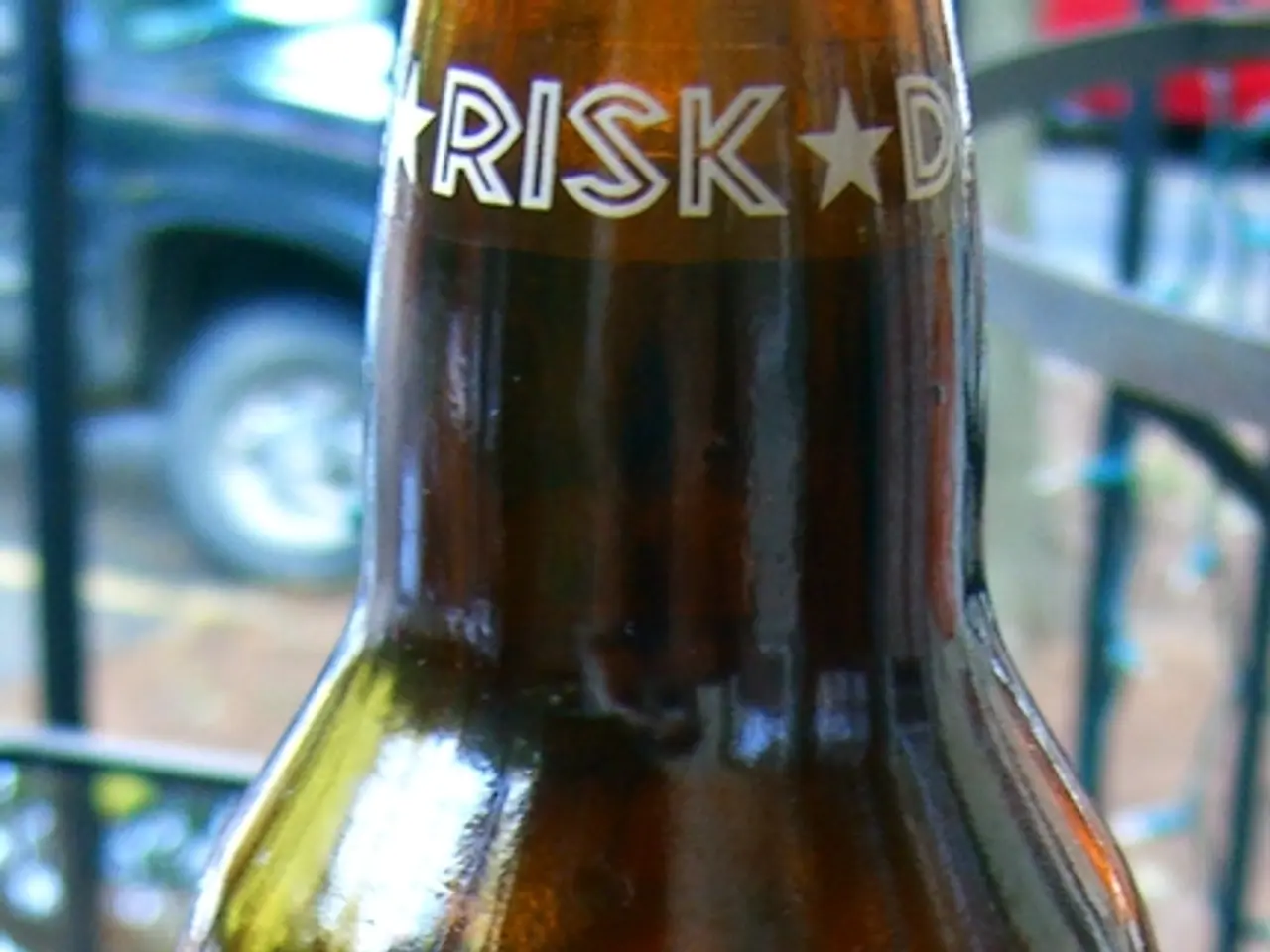Guidance on Warding off Liver Cancer
Preventing Liver Cancer: Key Strategies and Factors
Liver cancer, a significant health concern worldwide, can be prevented through a combination of effective strategies and lifestyle choices.
HBV Vaccination and HCV Prevention
A cornerstone in the fight against liver cancer is the widespread HBV vaccination. Universal vaccination against HBV drastically reduces chronic HBV infection, a major cause of liver cancer globally. Early vaccination, including at birth, is crucial for effective prevention.
Safe practices, such as using sterile medical equipment, safe injection practices, safe sex, and screening of blood products, also play a vital role in preventing viral hepatitis transmission that leads to chronic liver disease and liver cancer.
Regular Screening and Early Detection
Regular screening in high-risk groups, such as chronic HBV/HCV carriers, cirrhosis patients, and those at risk due to factors like viral infections, alcohol and tobacco use, and obesity, enables early liver cancer diagnosis. Early detection improves treatment outcomes and survival.
Lifestyle Modifications
Lifestyle modifications can significantly reduce the risk of liver cancer. These include avoiding alcohol abuse, maintaining a healthy weight, controlling diabetes, and preventing fatty liver disease. Reducing exposure to aflatoxins, toxic fungal products in food, is also important in endemic regions.
Other Factors
Regular physical activity may lower the risk of liver cancer by improving insulin sensitivity and targeting cancer-related cellular pathways. On the other hand, chronic ethanol use, cigarette smoking, and obesity increase the risk of liver cancer.
Prevention is Key
Despite advances in diagnosis and treatment, prevention remains the most effective strategy to reduce liver cancer incidence and mortality worldwide. Regular screening, HBV vaccination, safe healthcare and personal practices, and healthy lifestyle choices are crucial in this fight.
Sources:
- World Health Organization
- Centers for Disease Control and Prevention
- National Cancer Institute
- American Cancer Society
- European Association for the Study of the Liver
- Preventing chronic diseases such as diabetes and cancer is crucial for overall health and wellness.
- Science continues to advance, offering new therapies and treatments for various medical conditions.
- A good night's sleep is essential for maintaining proper health and supporting workplace-wellness.
- The importance of health-and-wellness in the workplace is increasingly being recognized by industry leaders.
- Addressing and managing medical-conditions like respiratory-conditions and digestive-health issues can improve quality of life.
- Eye-health is often overlooked but is crucial for maintaining a high quality of life as we age.
- Regular hearing tests are essential for early detection and management of any potential issues.
- Fitness-and-exercise plays a vital role in maintaining good health and managing chronic diseases.
- Sexual-health is a significant aspect of overall health that requires regular check-ups and awareness.
- Autoimmune-disorders can be debilitating, but early detection and management are possible with the help of modern medicine.
- Climate-change has far-reaching effects on mental-health, particularly in regions with extreme weather conditions.
- Mental-health is just as important as physical-health, and addressing issues like stress and anxiety is crucial for mens-health and womens-health.
- Skin-care is essential for maintaining healthy skin and preventing skin-conditions.
- A variety of therapies-and-treatments are available for managing neurological-disorders, improving the quality of life for patients.
- Nutrition plays a significant role in delaying aging and maintaining cardiovascular-health.
- Parenting can be challenging, but focusing on children's health, including nutrition and wellness, can help them grow up to be healthy adults.
- Weight-management is essential for maintaining cardiovascular-health and reducing the risk of various chronic diseases.
- Environmental-science plays a vital role in understanding how climate-change affects our health and how we can mitigate its effects.
- Mental-health is a growing concern in the space-and-astronomy community, as conditions like space-sickness and isolation can have severe psychological impact.
- Cybersecurity is critical for protecting personal and financial information in the digital age.
- A healthy lifestyle, including regular exercise and a balanced diet, contributes to overall lifestyle and fashion-and-beauty.
- Food-and-drink choices play a significant role in maintaining digestive-health and overall wellness.
- Investing in stocks and bonds can help manage wealth and prepare for retirement and other financial milestones.
- Proper wealth-management can ensure a stable financial future, allowing for home-and-garden improvements and other personal investments.
- Care for pets is an important aspect of personal-finance and lifestyle, with annual check-ups and vaccinations essential for their health.
- Regular travel can have numerous health benefits, including reducing stress and promoting mental-wellness.
- Choosing fuel-efficient cars is essential for personal-finance and the environment in an era of climate-change concerns.
- Education-and-self-development courses can lead to personal-growth and career-development opportunities.
- Shopping for fresh, non-GMO, and organic food can support local farmers and promote individual health and wellness.




